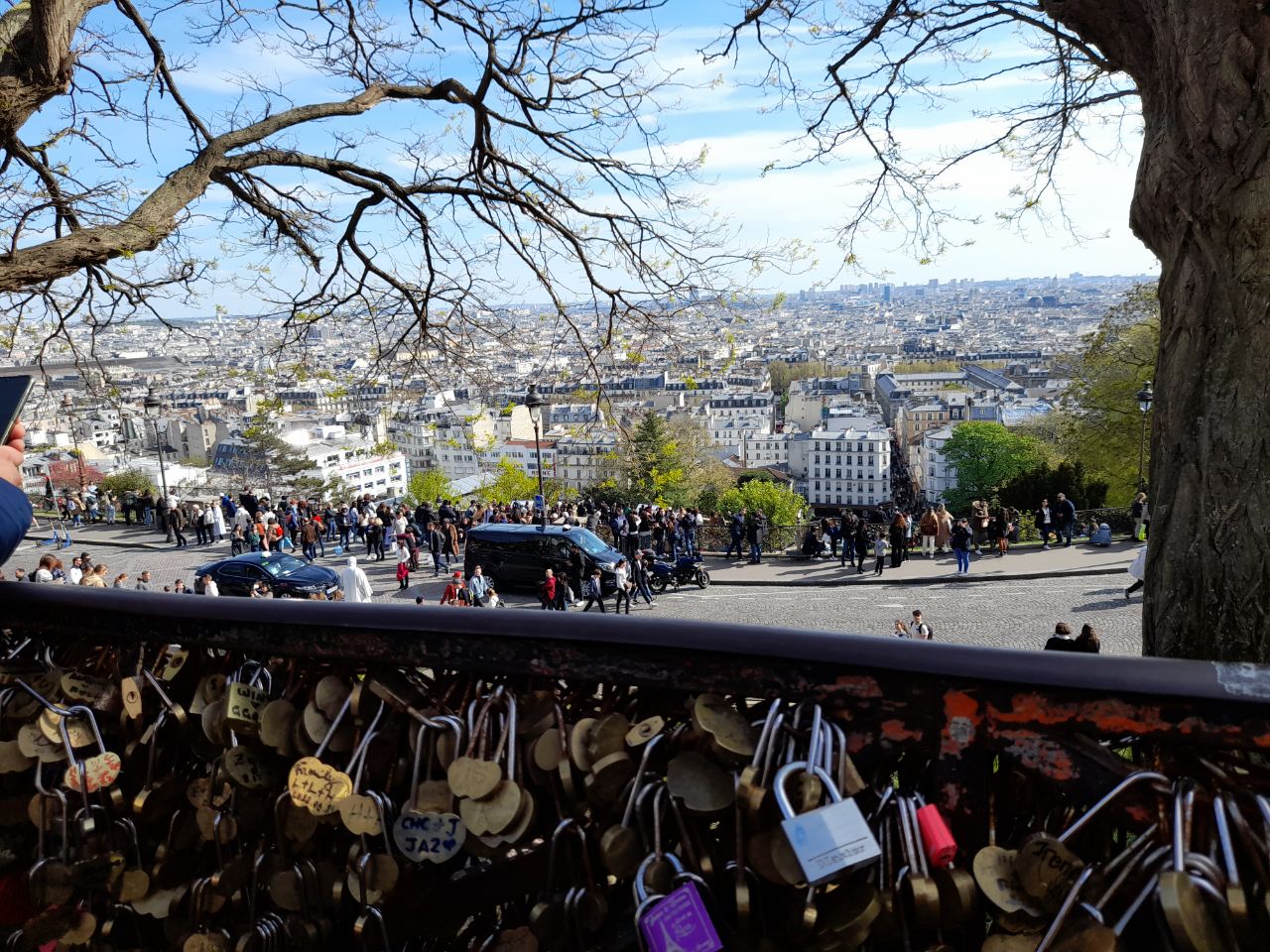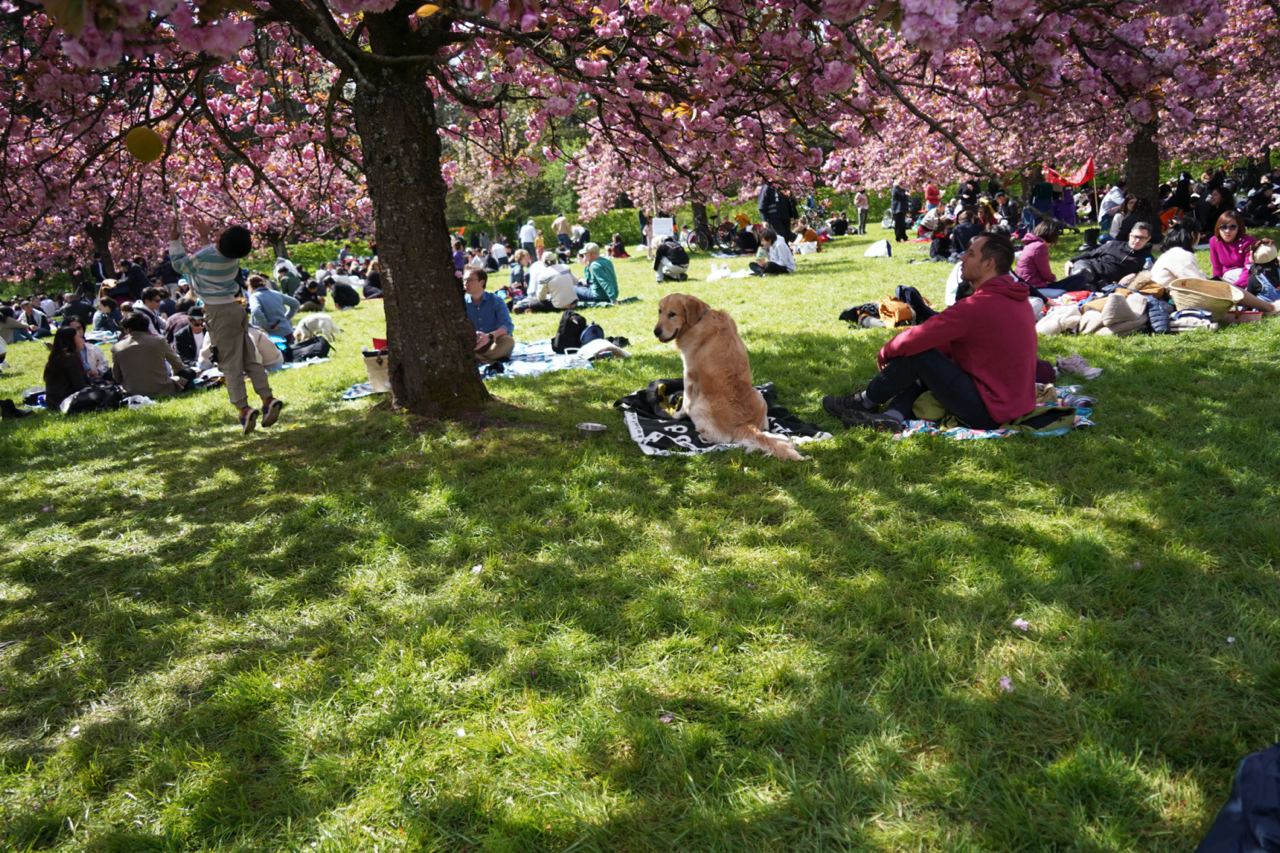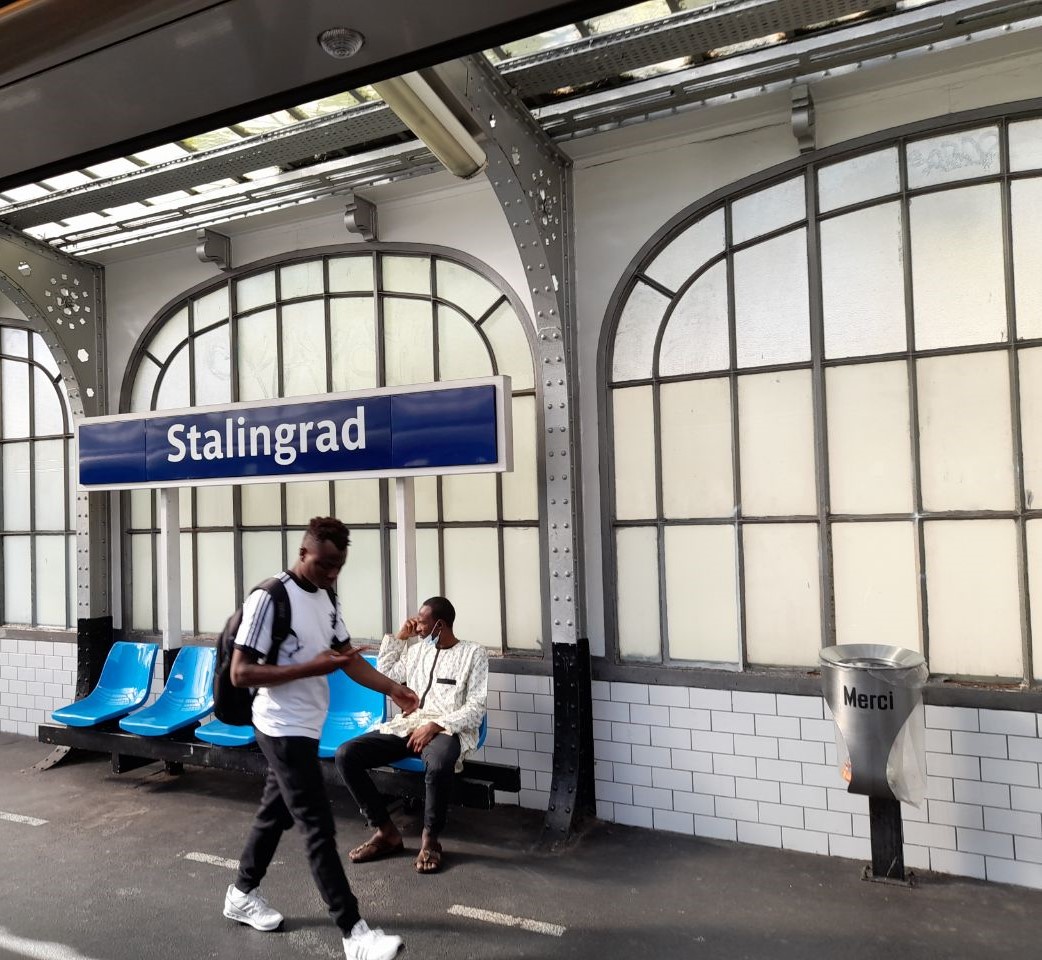
In the year of the Olympics in Paris, the interest in France, the center of world fashion, fine cuisine and good manners, is constantly growing. Journalist Natalia Korotchenko told the EcoTourism EXPERT whether everything people say about France and the French is true, and she spoke about the things that are difficult to experience and get to know about a country being just a tourist.
- You have already been living in Paris for several years. What stereotypes about France are true and what are the ones that don’t meet expectations?
- It’s absolutely true about the good manners of the French. It still seems unusual to me that people say “Bonjour” to a bus driver and whenever they want to ask anybody - a policeman on the street, a cashier and a consultant in a store - a question and not just say “Excuse me”. The French always say “Sorry” if they accidentally run into you, and even if you suddenly run into them. This is of importance since there are a lot of people in Paris on the streets and in the metro. If you are sitting in a food court or outdoor terrace, a passerby often smiles at you and wishes you “Bon appétit”.
People often give up their seat, especially for a person traveling with a child. In principle, it is customary to cherish children and treat them to tasty food and give gifts. This can be done by both familiar and not very familiar people. What is not customary among the French is to take off your shoes when visiting anyone and have dinner in the kitchen - a dinner is served in a living room.
The Parisian weather is sometimes depressing. One day, I suddenly thought that I hadn’t taken my umbrella out of my bag for a month - it rained heavily almost every day. Moreover, such weather may well be not only in the off-season, but also in the mid-summer - there was a year when we wore jackets in July! It seems that rainy weather is a Paris’ reality, which I personally was not prepared for. At the same time, the Parisians are often in their coats wide open and wear sneakers, but they wear scarves - long, knee-length, voluminous ones looking like a blanket; the scarf is on the shoulders as if a person got outside for a minute. Even if it’s cool, people can have dinner in a cafe, choosing a table not indoors, but outside.
But the transport strikes in Paris can be a real stress, when the expression “everything is at a standstill” is not a figure of speech at all. A strike in France is generally a very popular way to defend people’s rights. It happens that utility workers go on strike and they simply stop collecting garbage, and even teachers at school’s after-hours clubs. In this case, parents urgently need to find an opportunity to pick up their child right in the middle of the day. The parents of my son’s classmates helped me out a couple of times - they took him and he had lunch with them.

- What was the most difficult thing when adapting to the life in France?
- Tourists normally travel around the country for several days, so they seldom get a local SIM card or have a local bank account. It turns out that this is a real quest for those who come to France to work or study. To purchase a permanent SIM card, you need to present your bank account number, and to open it you need a mobile phone number! By the way, a tourist can buy a SIM card but it will be limited in time and more expensive than a permanent one.
In addition, official registration of most papers, including local insurance, requires proof that you have a place to stay in France, such as a letter from your landlord or a utility bill in your name. When you go to school to register, you carry your passport and registration, as well as a payment receipt for electricity. You even need this to get a travel pass. Of course, all these problems can be solved, but when you face the French bureaucracy for the first time, it seems that you are in the Knossos labyrinth. By the way, our compatriots in Paris recently released a detailed guide in Russian about what and how all this works in France.
There is really a lot of paperwork in Paris, it takes a long time to wait for documents to be processed, and besides, officials can lose something, make a mistake in the documents, but in general, everything works, and if you apply for social support, it really helps as you can get free medical care under social insurance, as well as a 75-percent discount for travels. You can also apply for compensation for part of your apartment rent, depending on your income and cost of renting.
In general, travelers face difficulties at every step. For example, when you are just a tourist, you don’t need to know the French alphabet: if you speak a little French, it’s very good. But if you live permanently, you need to spell out your last name and your address in French in order to make an appointment, for example, with a dentist, but in French, the spelling differs from what you hear.
And, of course, some local realities are surprising - for example, the fact that not only the current surname is indicated in your documents, but also the maiden name that is in your birth certificate. Another thing is that all junior schoolchildren (like my child) do not have a mobile phone at school because they are allowed to use it at the lyceum only; the school year does not always begin on September 1, but on the contrary, it ends in July only. And it is not customary to congratulate ladies and give them flowers and sweets on the 8th of March.

- Well, when it comes to the 8th of March, I can’t help asking how do you manage to restrain your nostalgy?
- We unexpectedly met a large number of the Russians in France - some of them have arrived quite recently, and others have been living here for 20 years. My son has some friends, so we don’t feel isolated at all. Naturally, you miss your family and friends, but thanks to the Internet, instant messengers and social networks, living outside Russia is perceived much less painfully now.
Of course, everything that concerns Russia and the Russians in France touches us. Cultural events and events related to the art works of our compatriots that take place here are very interesting. Recently, at the Pompidou Center, I visited an exhibition by the German painter Anselm Kiefer about the naval battles of World War II; it is dedicated to our Russian poet and futurist Velimir Khlebnikov’s Laws of Time.
As for nostalgia, the gastronomic one is the strongest. In France, they practically do not eat porridge, except oatmeal. We were able to find buckwheat and wheat groats only in a Russian store. There is no cottage cheese, you also need to look for sour cream, and it can be like cream here or like soft cheese or yogurt. But there are a lot of types of cheese and wine...

- It is no coincidence that France is among the leaders in gastrotourism. What else from this ‘deep dive’ can be useful to a tourist?
- The French are real gourmets. If you’re invited to anyone’s house, prepare yourself for a long ceremony. Main courses will only be served after tea and an aperitif and light snacks will be offered. But the main thing that is valued in France more than treats is ‘spiritual food’ and the opportunity for a pleasant friendly communication.
It may be useful for tourists to know that there are more than a dozen ‘free-of-charge’ museums in Paris. Among them are the museums of Balzac, Hugo, Piaf, fashion, tea and even police museums. About 20 more museums are open ‘free-of-charge’ every first Sunday of a month. Among them are the famous Pompidou Center (Centre Pompidou), Orsay Museum (Musée d’Orsay), Palace of Versailles (Château de Versailles), and the Gardens of Versailles (Parc de Versailles) ... This list does not include the Louvre Museum (Musée du Louvre) that can be visited free-of-charge every first Wednesday of a month, but only after 6 p.m. The other side of the coin is that there are long queues these days. To take advantage of the offer without standing in long lines, you can visit less popular, but no less interesting places, for example, the Museum of Arts and Crafts (Musée des Arts et Métiers) with an interesting interactive exhibition. Just google the list, choose something and go.
For the enthusiasts of active recreation, I can highly recommend renting bicycles to get to know France better. There are many bicycle paths in Paris and other cities of the country; they are in demand among the French who often ride with entire families with several children who are on child seats or in trailers. You should also stop at any of the beautiful parks for a picnic with baguette, cheese and wine - it’s a very French style. After all, the French baguette has been included recently in the UNESCO cultural heritage list.
And, perhaps, I will give one more piece of advice that may be useful to tourists. In French pharmacies, most medicines are available with a prescription only. Therefore, take the medicines you need with you. Or take your Russian prescription for medicines - one day, it was very useful to me.
Photos courtesy of Maxim and Natalia Korotchenko
